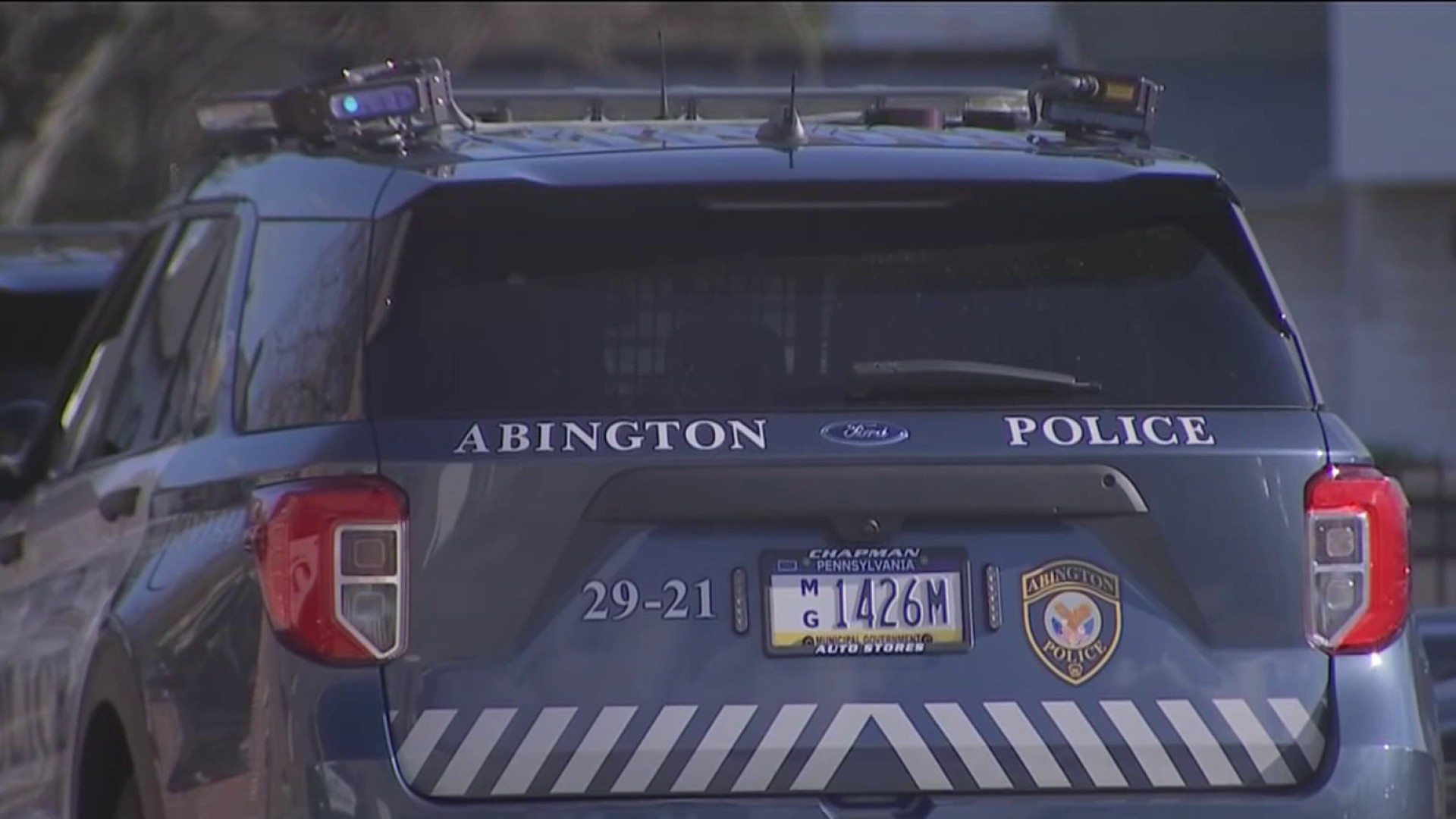What to Know
- Every few years, Philadelphia and the Fraternal Order of Police Lodge 5 negotiate a contract that affects officers' wages and benefits.
- The 2017 contract was due for a review this year, but it was extended another year due to COVID-19.
- A law passed in September would require citizen input before the city makes a contract proposal to cops and their labor reps.
Labor officials who represent Philadelphia Police officers are suing the city over a recently passed law that would bring more attention - and likely, scrutiny - to the budget allocation and contract city cops receive.
Last month, City Council passed a bill that would require a public hearing 30 days before Philly sends its contract offer to the Fraternal Order of Police Lodge 5 (FOP), which represents local police.
In typical contract negotiations, the city and FOP submit their proposals and meet with a state-appointed arbitrator to iron out the details of a contract. Under the new law, the city administration will have to publicly say how much money their police contract offer would cost, and what other terms or changes are being considered, a month before the negotiations start.
Councilwoman Katherine Gilmore Richardson sponsored the bill that became law, and said the hearings would bring transparency and attention to the police contract process "that has been shrouded in secrecy for far too long."
The FOP has been critical of the law. Wednesday, attorneys for the order filed a lawsuit in the Court of Common Pleas in Philadelphia County.
The FOP's attorneys write in the suit that the law would disrupt the arbitration process that is outlined in state law. And a statement from Lodge 5 President John McNesby this week claimed officers were "being unfairly targeted by the City."
Local
Breaking news and the stories that matter to your neighborhood.
“This is an attempt by City Council to once again demonize and target hardworking Philadelphia police officers and FOP leadership,” McNesby said. “The union and its 6,500 members are opposed to this ordinance because the collective bargaining process is already governed by state law.”
FOP officials also noted that other unions that represent firefighters, for example, don't have public hearings on their contracts.
Gilmore Richardson pushed back on criticism.
"I am confident that this bill is lawful," she said Wednesday. "This bill creates transparency and accountability for the people of Philadelphia. It is a shame the FOP wants to block a process that will help build trust and confidence, and therefore, improve police/community relations in the City of Philadelphia."
The bill as written doesn't actually give Council power to change the city's contract offer. It calls for public hearings to discuss the contract proposal, and within 30 days of the hearing, for the mayoral administration to write a report detailing what it did (or didn't) change about its contract offer.
Mayor Jim Kenney showed his support for the law by signing the bill Sept. 30.
"Holding a public hearing to gain feedback from Philadelphia does not conflict with state law; it increases transparency and gives the City more information to consider as it prepares a proposal," a spokesperson for Kenney told NBC10.
The most recent, three-year FOP contract with Philly was reached in 2017 after the two sides met with arbitrators eight times over several months. They worked out details of officer raises, pensions and other benefits. Arbitrators maintained "extraordinarily generous" health benefits for officers and awarded a wage increase of more than 3% each year, ending in a 3.75% increase going into July 2019, the contract says.
Instead of going to arbitration for a new contract in 2020, the 2017 contract was extended for one more year because of the coronavirus pandemic, according to the Inquirer.
Police personnel spending - meaning officer pay and other incentives - accounts for nearly 15% of the city budget. The city had a $726 million budget for the police department in the fiscal year that ended June 30, 2020.



